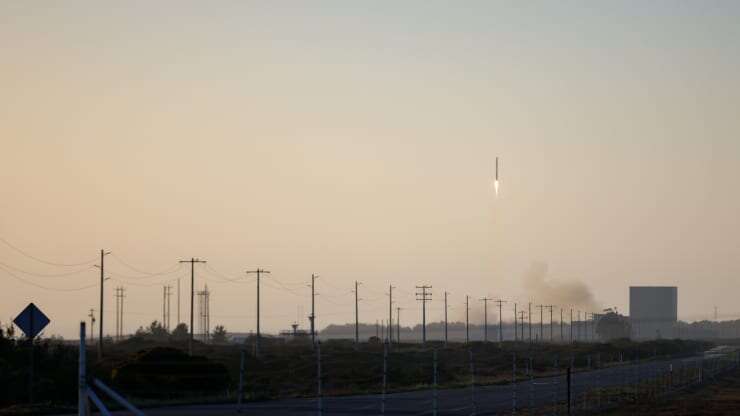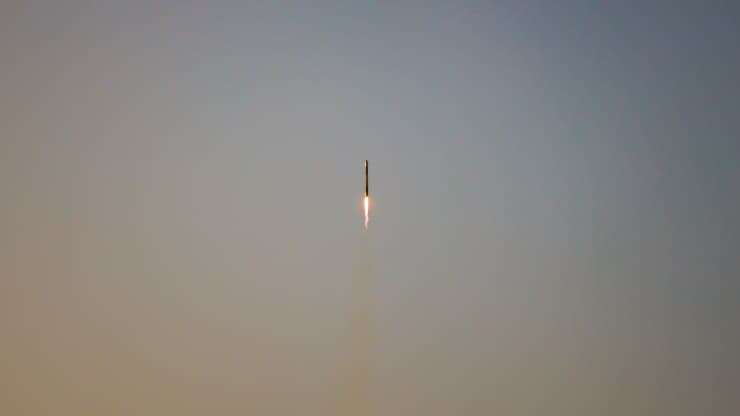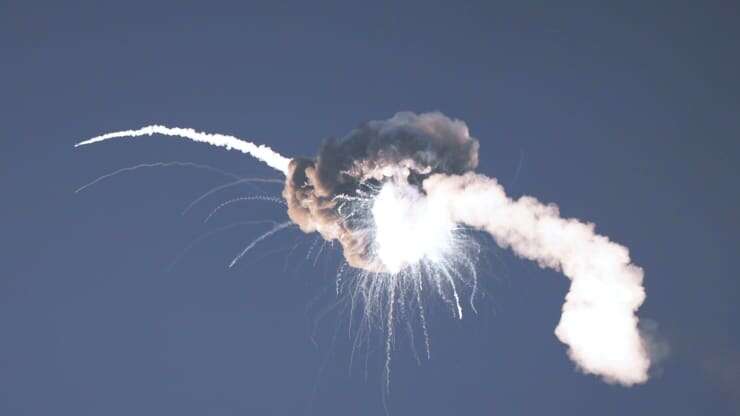On cloudless Thursday night over the California coast, Space Company Firefly launched its inaugural Alpha rocket. It departed the Vandenberg Space Force Base’s SLC-2 complex and went west across the Pacific. However, just after the launch, the Firefly’s rocket began flipping end over end and exploded in the air.

Shortly after the explosion was broadcast on a live stream, Firefly stated via Twitter. The live broadcast included the company’s official audio and footage. It further stated that the ground workers had cleared the pad and surroundings to minimise risks in compliance with safety protocols.
“Although the vehicle didn’t make orbit, the day marked a major advancement for our team,” the company tweeted. “We demonstrated we ‘arrived’ as a company capable of building and launching rockets.”
At 9:59 p.m. ET on Thursday, the two-stage rocket took to launch, carrying a payload of private satellites with an intended low-earth orbit destination. It was the first-ever mission of the company, and the rocket began as expected. Moreover, it seemed to be doing quite fine throughout the initial part before experiencing “an anomaly,” which plainly led to an explosion and a total loss of the vehicle before reaching space.

The rocket successfully cleared the launch pad, according to Firefly, but engine 2 shut down after 15 seconds. The space company said it could keep control of the vehicle for approximately 145 seconds, but the climb rate was poor due to a lack of thrust of one of its four engines.
“The vehicle was challenged to maintain control without the thrust vectoring of engine 2. Alpha was able to compensate at subsonic speeds, but as it moved through transonic and into the supersonic flight, where control is most challenging, the three engine thrust vector control was insufficient, and the vehicle tumbled out of control” according to Firefly.

“The range terminated the flight using the explosive Flight Termination System (FTS). The rocket did not explode on its own.”
It is under investigation by the Federal Aviation Administration (FAA). It examines why engine 2 stopped early and will inform about the core issue after the analysis is concluded.
“In collaboration with the FAA and our partners at Space Launch Delta 30, we’ll return to conduct Alpha Flight 2 as soon as possible,” the company tweeted.

According to FAA, there were no reported injuries or damage to public property, but it is aware of reports regarding possible debris falling to the ground, CNBC reported.
The company expects to share further details regarding what happened with the Alpha rocket and why the vehicle was lost later. The story will be updated accordingly.


